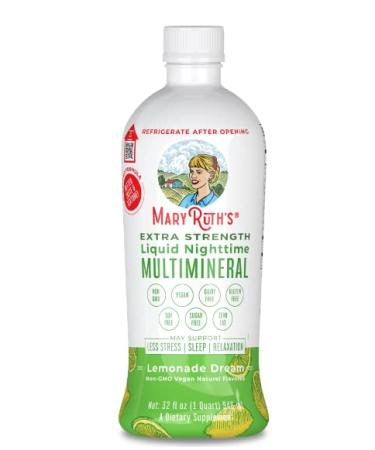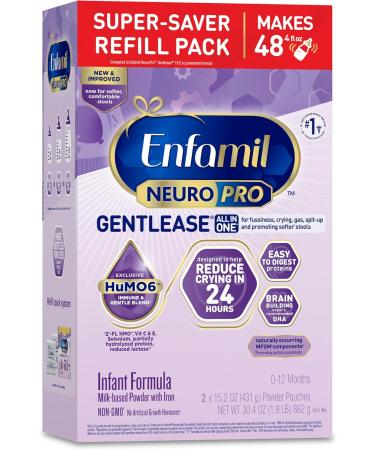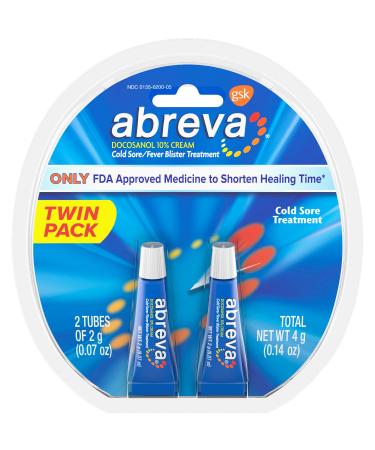Is it suitable for babies?
According to experts, while bees collect nectar to make honey, they can unknowingly ingest botulism bacteria spores and use them in honey production.
Ingesting this honey doesn't pose a problem for adults. Neither the body's immune system nor the stomach's acidic environment allow this bacteria to cause harm. In babies, however, both their immune system is not sufficiently developed, and their stomachs are still only capable of digesting breast milk. Unlike adults, the beneficial bacteria that control botulism spores and prevent the bacteria from multiplying and producing toxins in babies' digestive systems haven't yet developed.
This bacteria can cause a dangerous poisoning called botulism in babies. Affected babies may experience difficulty breathing and swallowing, and weakness in the arms, legs, and neck may occur. This can have very serious consequences.
While honey is harmless to children over one year old, doctors recommend against feeding honey to babies under 12 months of age for these reasons.
Is it suitable for children?
. Honey, which contains many vital substances such as vitamins, minerals, amino acids, and enzymes, is indispensable for children's nutrition because it facilitates digestion, stimulates appetite, and helps the body recover from developmental disorders.
Due to its high mineral content, honey contributes particularly to iron deficiency in children. The magnesium contained in honey prevents blood clotting in the veins and protects against the negative effects of stress.
It helps children maintain their perception and concentration during school years. It is a high-capacity energy source. It provides both healthy nutrition and energy for those who can't sit still, providing them with sweet tooth. Considering how much children love sweets, and even consider them to be their passion, honey's nutritional value makes it arguably the most beneficial and high-quality dessert children can consume.
It also helps prevent constipation in all age groups due to its effects on improving intestinal microflora.
It's a known fact that honey strengthens the immune system. Children, who constantly interact with each other, especially in schools and daycare centers, often get sick and contract germs from their friends. In environments with such a high risk of infection, the most effective and healthy way to protect children from illnesses, germs, and viruses is to keep their immune systems strong. It's also known to have a positive effect on the healing of wounds and inflammations, which are common in children.
Studies have shown that children who consume honey have better growth and development rates.
The sweetness of honey and the soothing properties of milk help you start the day feeling refreshed and feel full.
Using honey instead of sugar to sweeten milk is beneficial because it makes it easier for children to consume both honey and milk. It's a known fact that giving children milk with honey instead of milk alone helps prevent anemia and constipation and improves digestion.
Chestnut honey is a type of honey obtained from the nectar collected by bees from the flowers of the chestnut tree. This dark and viscous honey has many health benefits. Here are some benefits of chestnut honey:
1.: Protects the body against diseases and increases resistance.
2.Good for Winter Illnesses.
3.Relieves Cough.
4.Cleans the Body: Thanks to its antioxidant properties, it eliminates microbes.
5.Good for Urinary Tract Infections: It can help with urinary tract infections as well as throat infections.
6.Regulates Blood Sugar: Contributes to diets when consumed in moderation.
You can contribute to your health by purchasing chestnut honey from reliable sources!













